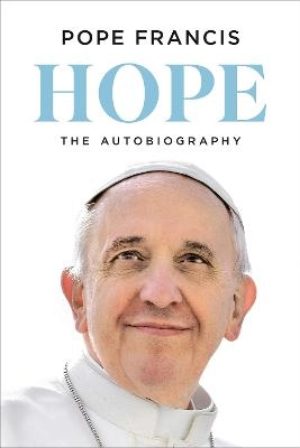Late one Saturday evening in the beginning of January 1843, there was a knock on the door at parish trustee Jonas Olson’s farmhouse in Ina village, in southern Helsingland. When Jonas opened, there stood a scraggy man of medium height – with palish face, thin lips, and unusually big and wide front teeth in his upper jaw. He had blue eyes and brown hair. He was 34 years old, a farmer from Österunda parish some 50 miles north west of Stockholm. His name was Erik Janson. Janson had his horse and carriage waiting in the court yard. On his wagon – his farmhand and sacks filled with flour. Janson asked with a low and hoarse voice for overnight lodging. He had travelled 140 miles north to sell his wheat flour in Helsingland, where farmers were used to growing rye and barley. Wheat flour was a rare luxury. Jonas muttered incredulously, and expressed his surprise that “nothing good could come from the decayed and corrupt provinces of Westmanland and Upland.” But Jonas was a devout Christian – a so-called Reader, with great influence among the Pietists and spiritual seekers in Helsingland. Erik Janson stayed over the weekend. His ulterior motive was in fact to establish contacts with like-minded people, such as Jonas. And yes, they became brethren in Christ. With Jonas Olson’s support and through repeated visits to Helsingland, Janson succeeded in creating a religious revival which ended in open conflict with the Established Lutheran Church and society. Together with more than one thousand Swedish followers they emigrated and founded the Bishop Hill Colony some 160 miles west of Chicago on the Illinois prairie. There were similarities in their background. Erik had provoked his parents when he married one of the family’s maids. Relations at home became frosty. He provided a farm lease of his own, and soon purchased a farm. Jonas had a brutal father who drank and beat wife and children, and finally was unable to run his farm. Jonas had the capability to take over. Both Erik Janson and Jonas Olson had sought solace in Bible studies. Erik Janson was shot dead after four years in Bishop Hill. Jonas Olson at that moment became the obvious successor, the Patriarch who ruled the Jansonists of Bishop Hill in unchallenged supremacy.







